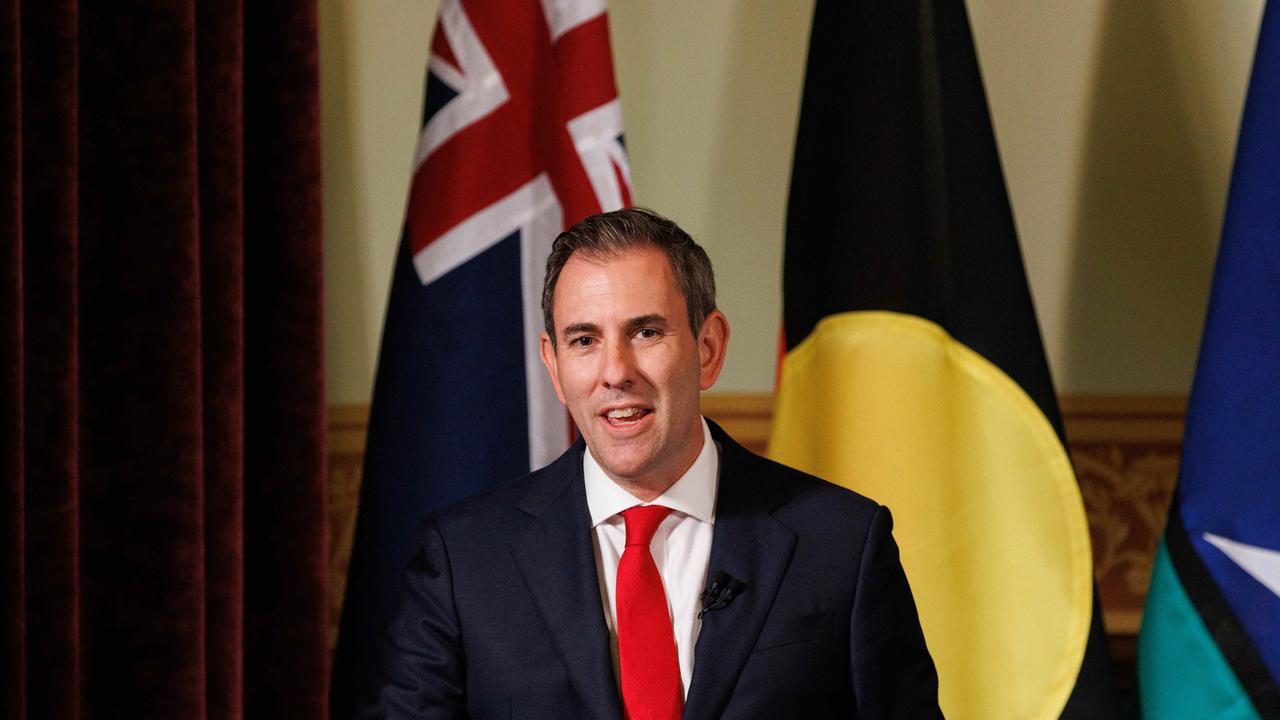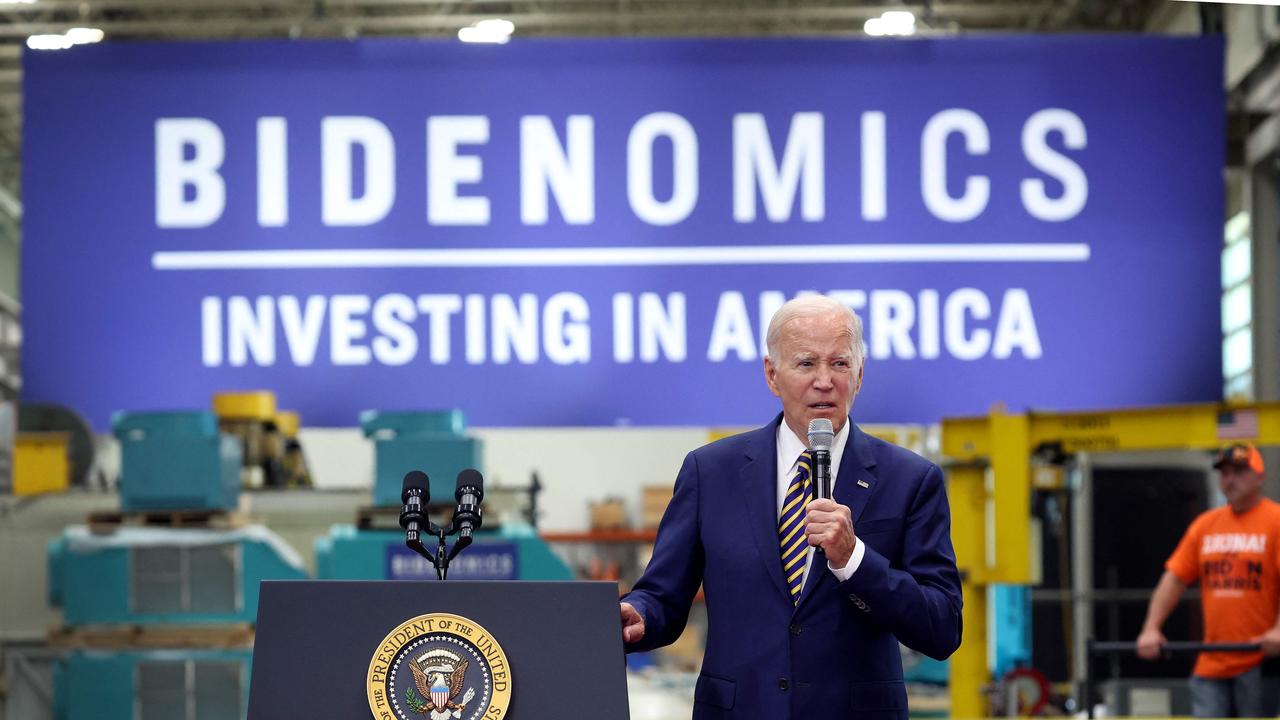Foreign investment overhaul to underpin Future Made in Australia push
Amid a backlash from economists and industry experts, Treasurer Jim Chalmers has unveiled an overhaul of foreign investment policy.

International investors with a proven track record of financing Australian projects are set to benefit from fast-tracked approval processes, helping to encourage the flow of capital into decarbonisation efforts and other Labor priorities.
Simultaneously, a more robust vetting process will apply to “higher risk” proposals, with powers bolstered to protect sensitive industries, critical infrastructure, supply chains and rare earths.
The foreign investment approval process overhaul, a key component of Labor’s landmark Future Made in Australia industry policy, was announced by Treasurer Jim Chalmers on Wednesday.

“Our reforms will make Australia a more attractive place to invest, boost economic prosperity and productivity, while strengthening our ability to protect the national interest in an increasingly complex economic and geostrategic environment,” Dr Chalmers told foreign affairs think tank, The Lowy Institute.
In April, the Albanese government launched its Future Made in Australia plan, joining the roster of countries that have erected subsidies, tax breaks and trade barriers, spurred by economic upheaval following the global pandemic and China’s growing assertiveness.
But with Australia unable to match lucrative overseas industry programs dollar for dollar, Dr Chalmers made the case for overhauling approval processes to attract international investment.
“Public investment, important and substantial, is a key to help unlock the hundreds of billions of private capital we’ll need to deploy,” he said.
Fast-tracked approvals and enhanced scrutiny
Under the changes, international firms that have a prior history of local investment – for example, Canadian pension funds or US investment management firms – will enjoy reduced wait times and lower compliance costs.
Dr Chalmers unveiled that Treasury officials would adopt a new target of processing 50 per cent of cases within a 30-day timeline from 2025. Currently, non-real estate transactions take more than 40 days to complete on average.
International investors who have their bids rejected will also be refunded their fees in a bid to make Australia a more attractive destination for foreign capital.
At the same time, the government will devote increased resources to scrutinise complicated or higher-risk proposals in areas like critical infrastructure and technology.
Treasury officials will be provided with greater resources to conduct on-site visits, ensuring compliance with government requirements.
“National security threats are increasing due to intensifying geopolitical competition and risks to Australia’s national interests from foreign investment have evolved at the same time as competition for global capital is becoming more intense,” Dr Chalmers said.
Existing applications will not be affected by the overhaul.
Chalmers unveils ‘five tests’ for industry overhaul
Amid concerns that taxpayer funds could be squibbed under its Future Made in Australia plan, Dr Chalmers on Wednesday also announced the framework underpinning Labor’s flagship industry policy.
“Where markets are nascent or don’t yet exist, there can be a case for targeted, temporary support to crowd in private investment – especially in industries that meet strict criteria,” Dr Chalmers said.

The Treasurer outlined five “tests” to determine where taxpayer funds should be directed, with the project’s competitiveness, productivity, and contribution to decarbonisation, economic resilience and national security taken into consideration.
How a specific proposal can “build the capabilities” of people and the regions, bolster the private sector and deliver “value for money” will also be accounted for.
Alongside the five criteria, the legislation, to be introduced later this year, will also create two “streams” through which funding will be funnelled.
First, a “national interest” stream will be established, focused on bolstering sovereign capability and safeguarding Australia against supply shocks.
“This will have a focus on only the most critical risks – to avoid a costly mindset of trying to eliminate all risks,” Dr Chalmers said.
Second, a “net-zero transformation” stream will also be included, assisting Australia’s energy transition where there is a “reasonable prospect” the project will remain internationally competitive.



